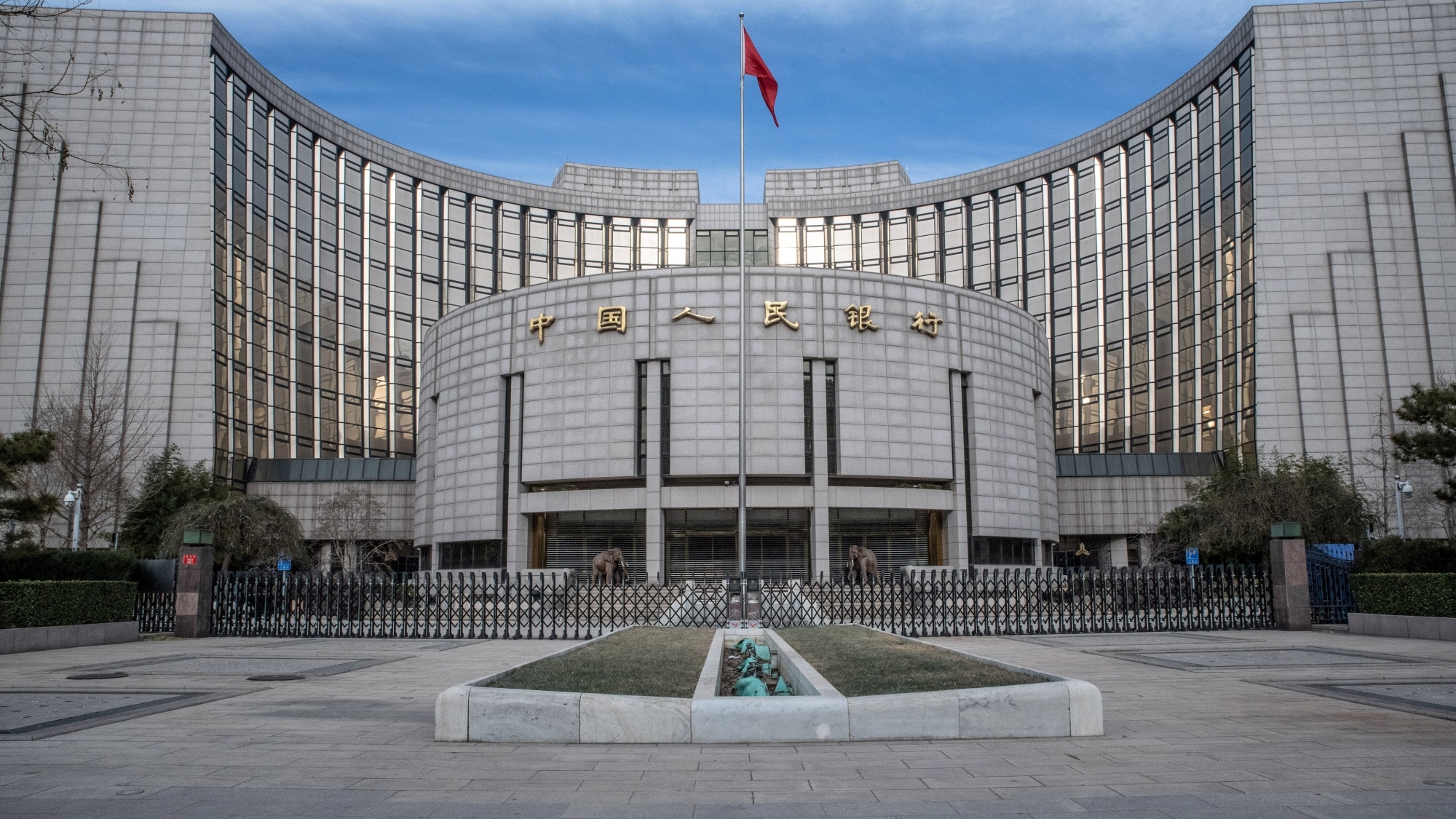Today’s News

Image Source: Bloomberg
China has decided to maintain its benchmark lending rates at their current levels, a move that was widely anticipated by the market. This decision comes following the recent stability in the central bank’s key policy rate, amidst some signs of improvement in the overall economy.
The significance of this decision lies in China’s ambitious economic growth target of “around 5%” for the year 2024. Economists argue that achieving this target would require further stimulus measures, including monetary and fiscal easing. Notably, there is a pressing need to revitalize the struggling property sector, as a considerable portion of new and existing loans in China are tied to benchmark lending rates.
The one-year loan prime rate (LPR) remains unchanged at 3.45%, while the five-year LPR stands steady at 3.95%. This aligns with the expectations of market analysts, as indicated by a recent Reuters poll. Despite some positive indicators such as better-than-expected factory output and retail sales in the early months of the year, the property market continues to face challenges, with a notable decline in both investment and sales.
Credit growth has also moderated, with outstanding yuan loans growing at the slowest pace on record in February. Against this backdrop, the People’s Bank of China (PBOC) chose to maintain its medium-term lending facility (MLF) rate unchanged, which serves as a reference for setting the LPR by commercial banks.
Despite the unchanged rates, PBOC Governor Pan Gongsheng reiterated the commitment to keep the yuan stable, signaling a dovish stance towards monetary policy. This has fueled speculation among investors that further monetary easing measures, including reductions in bank reserves, may be on the horizon to support the economy.
Other News
Japan Shifts Gear: Negative Interest Rates Era Ends
The Bank of Japan’s move to zero interest rates marks the conclusion of a global experiment with negative rates, underscoring the mixed results of the unorthodox policy approach despite some limited benefits.
Fed Delays Rate Cuts Amid Recession Risks
As investors anticipate Federal Reserve’s stance on interest rates, the central bank faces a delicate balance: waiting too long may trigger a recession, prompting a cautious approach towards future rate adjustments.
Swiss Central Bank Criticized For Carbon Investments
The Swiss National Bank faces criticism as its sustainability report reveals investments tied to 12 million metric tons of carbon emissions, prompting calls from environmental groups to push for reduced environmental impact or divestment.



